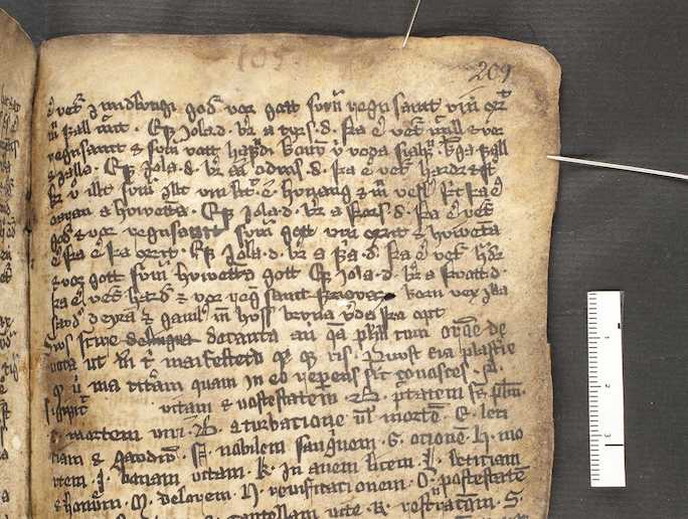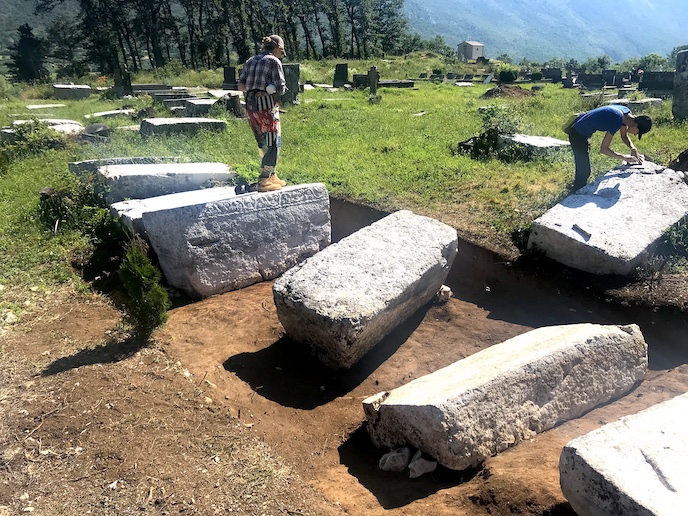A new free platform can help us cut through today’s information overload
Any professional today needs to be able to wade through an ocean of information on the Internet to get to the essential, but it’s not always easy. That’s why IT and data experts from six European countries put their heads together to create a state-of-the-art searchable training database during EU project MOVING. They released it to the general public for free in December 2017, introducing several upgrades during the three-year project, and used it for delivering three rounds of a ‘Massive Open Online Course (MOOC) on Science 2.0 and open research methods’ which 500 people took part in. “Information management is being able to navigate and find exactly the piece of information you need, when you need it,” said Dr Vasileios Mezaris, MOVING’s project coordinator and senior researcher at the Centre for Research and Technology Hellas(opens in new window) (CERTH) in Thessaloniki, Greece. “Our tests of the platform are very good, clearly showing the value of coupling searching and learning-how-to-search functionalities in a single platform.” The unique part about MOVING is that the consortium has provided it with valuable data on all sorts of fields, and advanced search tools, but it is also a training tool on how to data-mine. “Users are presented with various educational materials like micro-learning sessions and videos. They also receive personalised suggestions on which functionalities and technologies to try next in order to improve their skills,” added Dr Mezaris. Wealth of data TU Dresden(opens in new window) (TUD) in Germany was the lead developer. It used the eScience platform, which its researchers had already developed in a previous project together with HTWK Leipzig(opens in new window), to create the sophisticated MOVING platform. The other technical partners developed components for the platform while other partners contributed proprietary data. So far, the platform’s database contains 30 million scientific documents and about 25 million open-access full-text documents. There is a wealth of material on economics, provided by the Leibniz Information Centre for Economics(opens in new window) (ZBW) in Kiel, Germany, and social sciences, from the GESIS Leibniz Institute for the Social Sciences(opens in new window) in Mannheim, Germany. MOVING offers metadata records and direct links to more than 20 000 educational video lectures with transcripts through the Jožef Stefan Institute(opens in new window) in Ljubljana, Slovenia, which runs VideoLectures.NET(opens in new window), and a collection of metadata records on laws and their changes over time provided by the Dutch information services provider Wolters Kluwer(opens in new window). Partners like the University of Manchester(opens in new window) in the UK and the Know-Center(opens in new window) in Graz, Austria, were among those carrying out crucial user testing of components like the ‘learning-how-to-search’ widget to make it user-friendly. “Workers who aren’t data-savvy now often have difficulties doing their job,” said Dr Mezaris, who believes this will now make tasks more simple. The developers think graduate students and researchers will be those most attracted to the MOVING platform(opens in new window), but it is free and open to everyone. The platform has proved so successful that auditor Ernst & Young, the German unit of which was a partner in MOVING, intends to use it to train its personnel and to develop a specific version of it to use in the finance and compliance sector.







